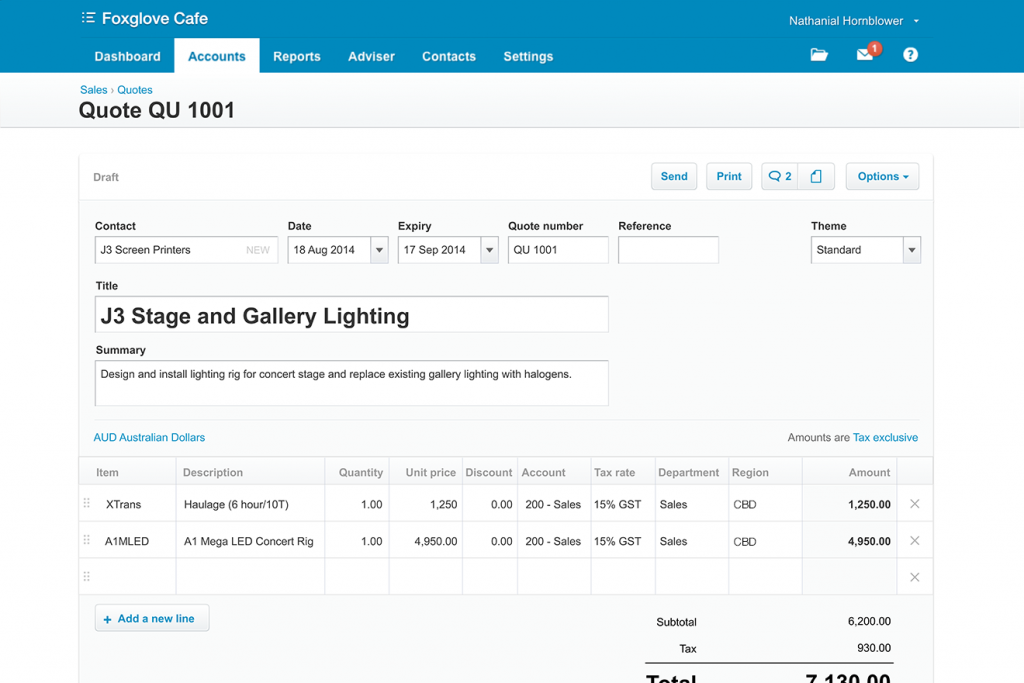Online marketing tools make it inexpensive and easy to promote your events online. If you want to expand your business and offer webinars or offline events, these eight tools will create online buzz about your event to a worldwide audience. When interacting with people on the Internet, remember to always act in a polite and courteous manner. Don't spam invitations or promotions about your event 24, 7. Use common sense and put your best professional foot forward online.
Set up a Facebook event - Set up an event on Facebook and invite your friends and fans. Don't be an annoying spammer and send unsolicited invitations to people you don't know. Facebook makes it easy to set up events, and to reach diverse audiences. If you don't have a Facebook account, you need to sign up for Facebook before you can create an event.
Create a hashtag on Twitter - Twitter makes it easy for you to market your event online. If you host a webinar, create unique keywords that briefly describe your event (i.e. #b2bmarketingwebinar). A hashtag also creates buzz around your event, and generates further interest. Include the event hashtag when posting pictures and updates about the event. By using a hashtag, it helps Twitter users find your event when searching for keywords. You can also create and post hashtags on Facebook - include these same Twitter hashtags in your Facebook updates.
Use LinkedIn as a resource - Create an event and post to your LinkedIn groups. Invite your personal connections, colleagues, former co-workers, etc. Do not blast invitations to people you don't know as they could report you to LinkedIn as a spammer.
Send email invitations - Save a tree by ditching the paper invitations. Create a simple, visually-appealing email invitation and email to your contacts list. Use Evite (free online invitations) or a similar free invitation program. This saves you a lot of time and you won't have to make follow up with tedious RSVP phone calls.
Advertise on free event listing sites - There are free sites that promote event calendar listings. This is very helpful especially if you plan to host a large event in a big city. Some sites allow you to set up the event by city, region, and postal code. Check out free event listing sites such as Yelp, Eventbrite, Eventful, Tweetvite, and Zvents.
Write a blog post about your event - Write a short blog post about your event and add the link to your Facebook and/or LinkedIn event pages. Don't oversell the event, and keep the post brief. Bullet point the key benefits of why your event will be beneficial to your blog readers. Speak to their "pains" - how will your event help them and what problems will it solve? If you plan to take online registrations, make sure to include the link in the blog post.
Add a banner to your website/blog - Another simple way to promote your event is to advertise a banner on your website or blog. Make the banner visually appealing to quickly capture your audience's attention. Stick to basic event information such as date, time, location, cost, contact information, and relevant sign-up links. Add a shopping cart feature to your site if you plan to take online registrations. This makes it easy for attendees to sign up via your site.
Take advantage of cross-marketing opportunities - Create relationships with other industry leaders. Work as a team and promote each other's events. Their online reach may be larger than your lists so take advantage of marketing resources beyond just social media. It helps if you first develop a genuine, solid relationship before you ask an industry influencer for marketing assistance. It is considered professionally rude to ask them to promote your event, especially if they don't know who you are.
By implementing the above internet marketing tools, you can easily expand your event marketing campaign to a large audience, grow your attendees' list and increase event sales.
.png)
